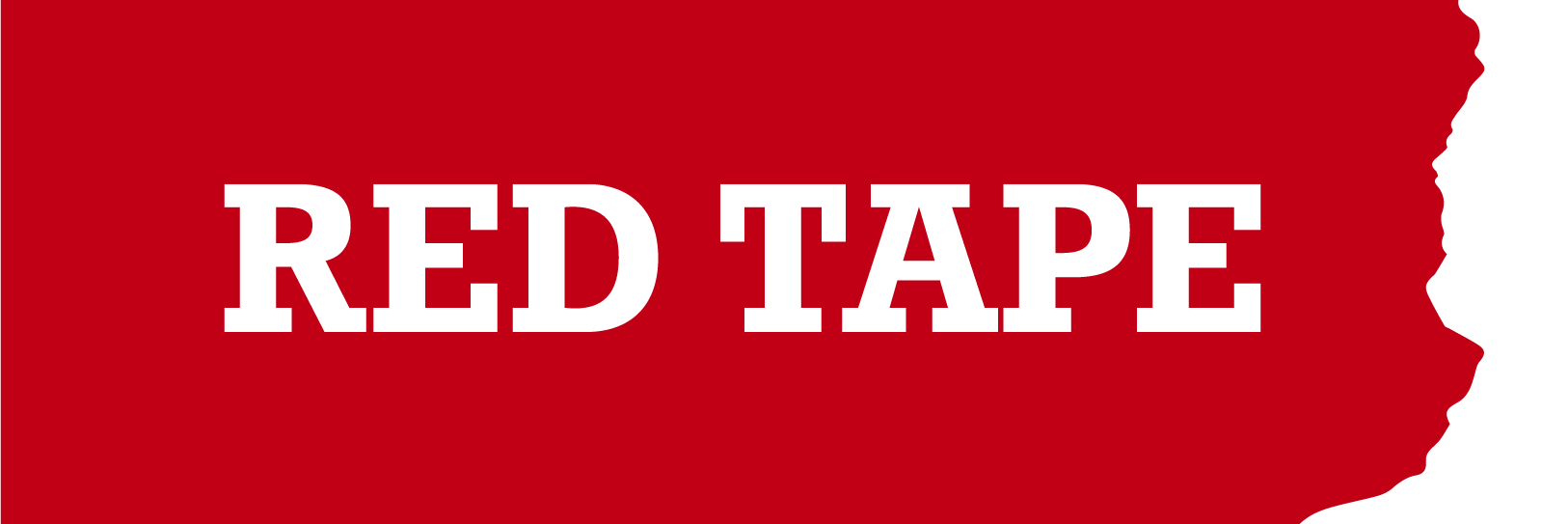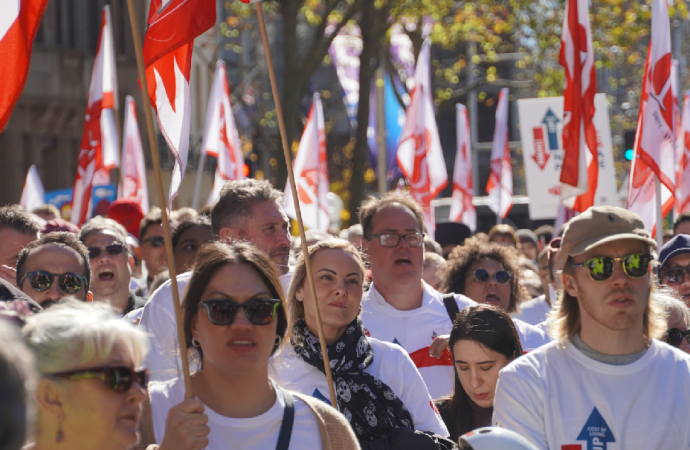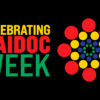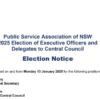People are beginning to realise government is what makes for a civil society.
Did the late Ronald Reagan begin the demonisation of the Public Sector, declaring in one of his earliest speeches that “government is the problem”?
Since that day in the early 1980s, a mantra caught on worldwide that the private sector was some nimble solution to all society’s woes. Particularly in that part of the world dubbed the Anglosphere, if an apparatus of the state could be flogged off, there’s a good chance the governing party, left or right, was on the phone to the auctioneer.
Airlines, banks, phone networks: you name it. It’s all gotta go, and to the highest bidder.
Even our education system, long seen as the best investment a society could make for a wealthier, brighter future, became a corporatised cash cow.
Our taxpayer dollars no longer were sent to fund public services. We now pay for schmick grandstands on private school rugby grounds or paying toll rebates that go straight to Transurban’s Singapore- based coffers.
But things are changing. As economist Richard Denniss pointed out in his recent book Big (which, at about 100 pages is rather, erm, small) the tide has turned.
The neoliberal wave has given rise to a billionaire class with a disproportionate amount of wealth and a blithe disregard to paying tax.
However, the reaction against this fetishisation of the free market is not just resentment towards neoliberalism’s “winners” and their obscene wealth.
Recent events have shown that, when things go bad, it is not Elon Musk and Rupert Murdoch fighting the bushfires, floods and COVID-19. The army of emergency and health workers didn’t have their sponsors’ logos on their backs.
COVID-19 gave many parents an insight into the challenges involved in teaching children. People saw what teachers and our members in schools do every day. And they came away impressed.
During the pandemic, they listened not to private companies, but to government organisations such as NSW Health, which were driven not by the profit motive, but to stop people dying in their thousands.
People are looking at Qantas, the airline once held as a paragon of safety and a global symbol of Australian quality. They now see a rabble that vacuumed up public subsidies to retain workers, yet still fired staff in their thousands, went on an outsourcing frenzy and became a byword
for shoddy performance and service.
When the National Broadband Network was built, a new government body was created as the collectively owned Telecom had become the privately run Telstra, a byword for interminable customer-service wait times.
Things have changed. The public reaction to strikes from Public Sector workers such as our own members and those belonging to nursing and teaching unions has been positive. The neoliberal demonisation of the public service is
in decline, and the media that fed this disdain become less relevant every day.
Our members have always been rightfully proud of the work they do. Finally the rest of the country is waking up to that pride, too.
















Leave a Comment
Your email address will not be published. Required fields are marked with *